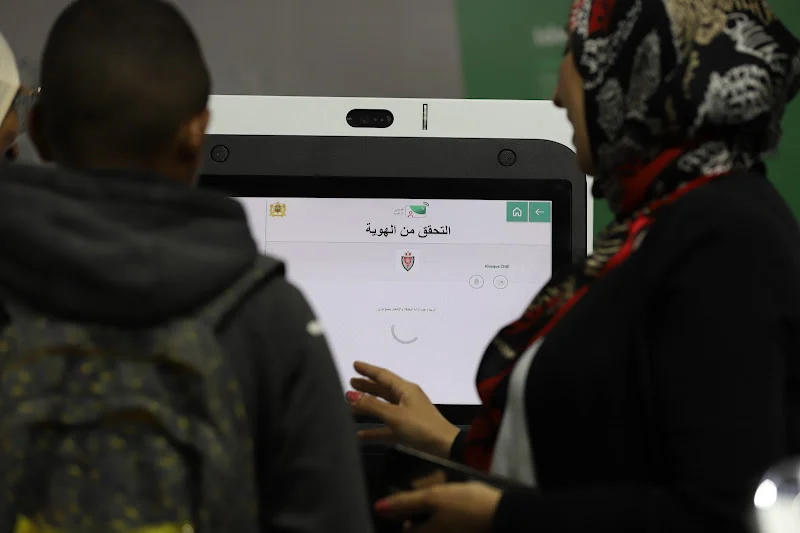Artificial Intelligence is placing its flag in industries at overwhelming speed, transforming how financial institutions, healthcare providers and government agencies operate. From banking and non-bank financial institutions to healthcare systems and government agencies, AI no longer is experimental — it is operational.
But innovation without clear governance carries risk. Bias, data misuse, flawed outputs, and malicious applications of AI erode public trust. The question is no longer whether the U.S. should lead in AI regulation. It’s how quickly it can establish a credible framework.
I view this landscape through the dual lens of practitioner and innovator. Enterprises want to adopt AI responsibly, safely and soundly, but they cannot wait for Washington’s patchwork approach to mature.
4 U.S. Challenges in Regulating AI
- Fragmented Oversight: Responsibility is divided among federal and state agencies, creating regulatory gaps and inconsistent enforcement.
- Innovation vs. Guardrails: Policymakers often lean toward “innovation first,” postponing safeguards until potential harms surface.
- Reactive Posture: Too often, rules follow headlines instead of anticipating risks.
- Lobbying Pressure: Industry lobbying slows momentum, diluting the prospect of meaningful oversight.
This fragmentation undermines certainty for businesses that want to align with ethical AI standards, but must navigate unclear rules of the road.
Global Lessons in Responsible AI
Contrast this with the United Kingdom, where a national AI strategy and institutions like the Centre for Data Ethics and Innovation guide consistent policy. The approach shows regulation and innovation need not be adversaries. Proactive, principle-based frameworks can enhance competitiveness and public trust.
Early Signs of a U.S. Framework
Despite its slow start, U.S. policy may begin to coalesce around two elements:
Sector Oversight Where Stakes Are Highest
- Banking & Non-Bank Financial Institutions: Ensure transparency in lending, risk modeling and fraud detection.
- Healthcare: Protect patient data while enabling AI-driven diagnostics and clinical decision-making.
- Government: Safeguard civil liberties in public-sector use of AI, from law enforcement to citizen services.
- Ethical vs. Malicious AI
- Encourage responsible, fair and explainable AI.
- Counter threats such as deepfakes, misinformation and AI-enabled cyberattacks.
This dual lens fostering ethical use while countering malicious abuse will define U.S. credibility in global AI governance.
State Action: TRAIGA in Texas
While Washington debates, states are moving. Texas introduced the Texas Responsible Artificial Intelligence Governance Act (TRAIGA), signaling how statehouses may shape the future of AI accountability. By setting expectations around transparency, risk assessments and oversight, TRAIGA reflects a growing recognition: responsible AI is not optional. It is an economic and ethical necessity.
The Role of AI RegTech
For enterprises, the challenge isn’t just staying compliant with evolving laws, it’s maintaining trust with customers, regulators and the public. This is where AI-driven regulatory technology becomes essential. RegTech should not be seen as a temporary fix, but as infrastructure and operations that protect business integrity and accelerate adoption. How do we do this?
- Risk, Compliance and Audit: Risk, compliance, and audit functions are embedded into everyday workflows, giving teams confidence their AI use is defensible.
- Clarity and Transparency: AI decisions are explainable and traceable, strengthening accountability with customers and regulators.
- Stronger Risk Posture: Organizations detect vulnerabilities early, reducing exposure to fines, reputational harm and/or litigation.
- Governance That Evolves With You: Tools adapt as AI and regulation change, scaling with enterprise growth rather than slowing it.
The value is straightforward — fewer unknowns, fewer surprises, and greater confidence to innovate responsibly.
- For a chief compliance officer at a bank, this means automated audit trails that satisfy regulators without slowing product rollout.
- For a healthcare CIO, it ensures patient data is protected and clinicians trust the AI behind diagnostics.
- For a public-sector leader, it provides oversight tools that safeguard civil liberties while enabling smarter digital services.
With the right AI RegTech foundation, enterprises don’t need to wait for Washington. They can move forward now, with trust and resilience.
Brian Robinson is the founder of IRRATECH Inc. Its mission is to deliver safe, sound, and problem-solving AI RegTech that empowers banks/non-bank financial institutions, healthcare providers, and government agencies.











































